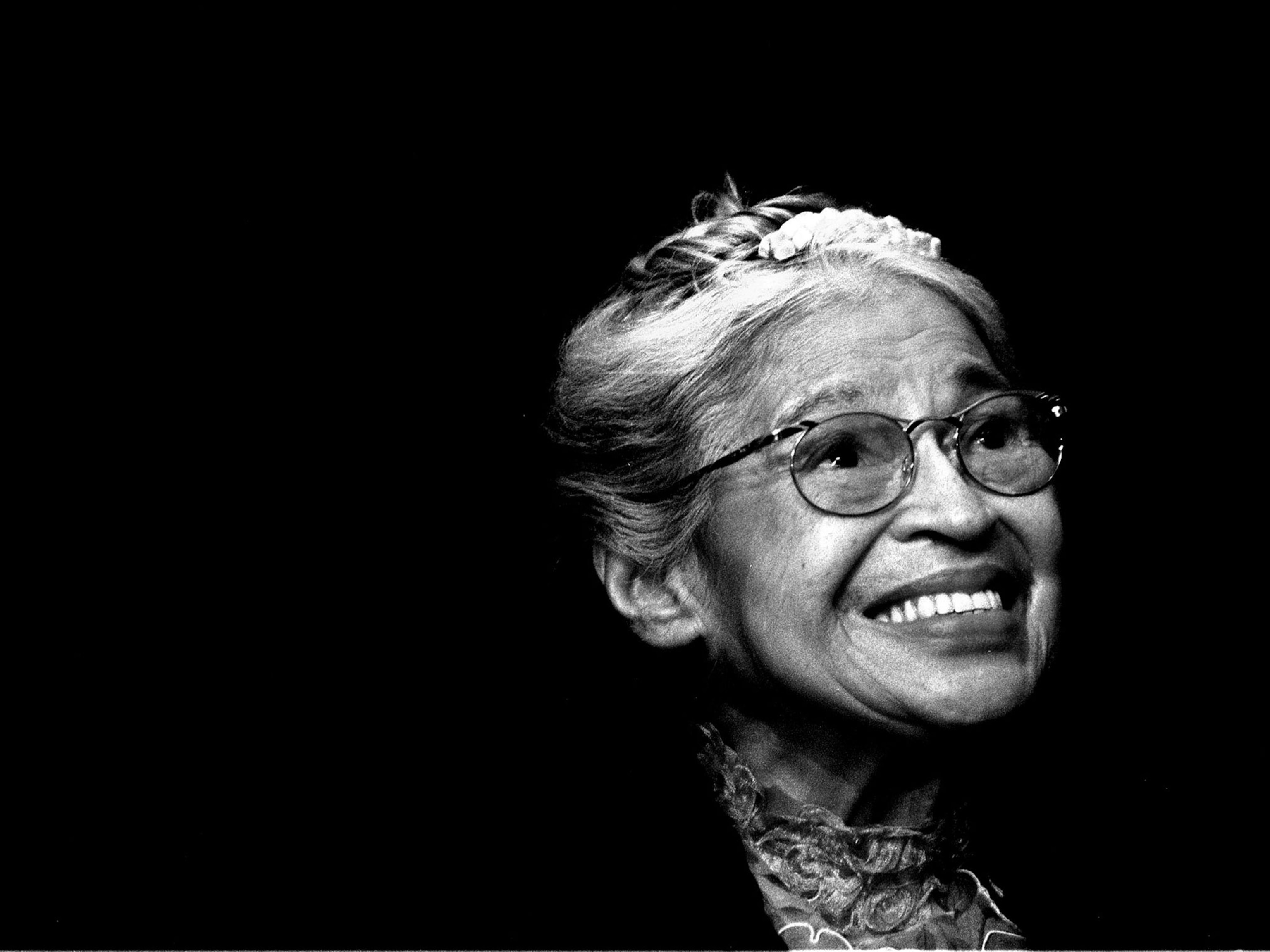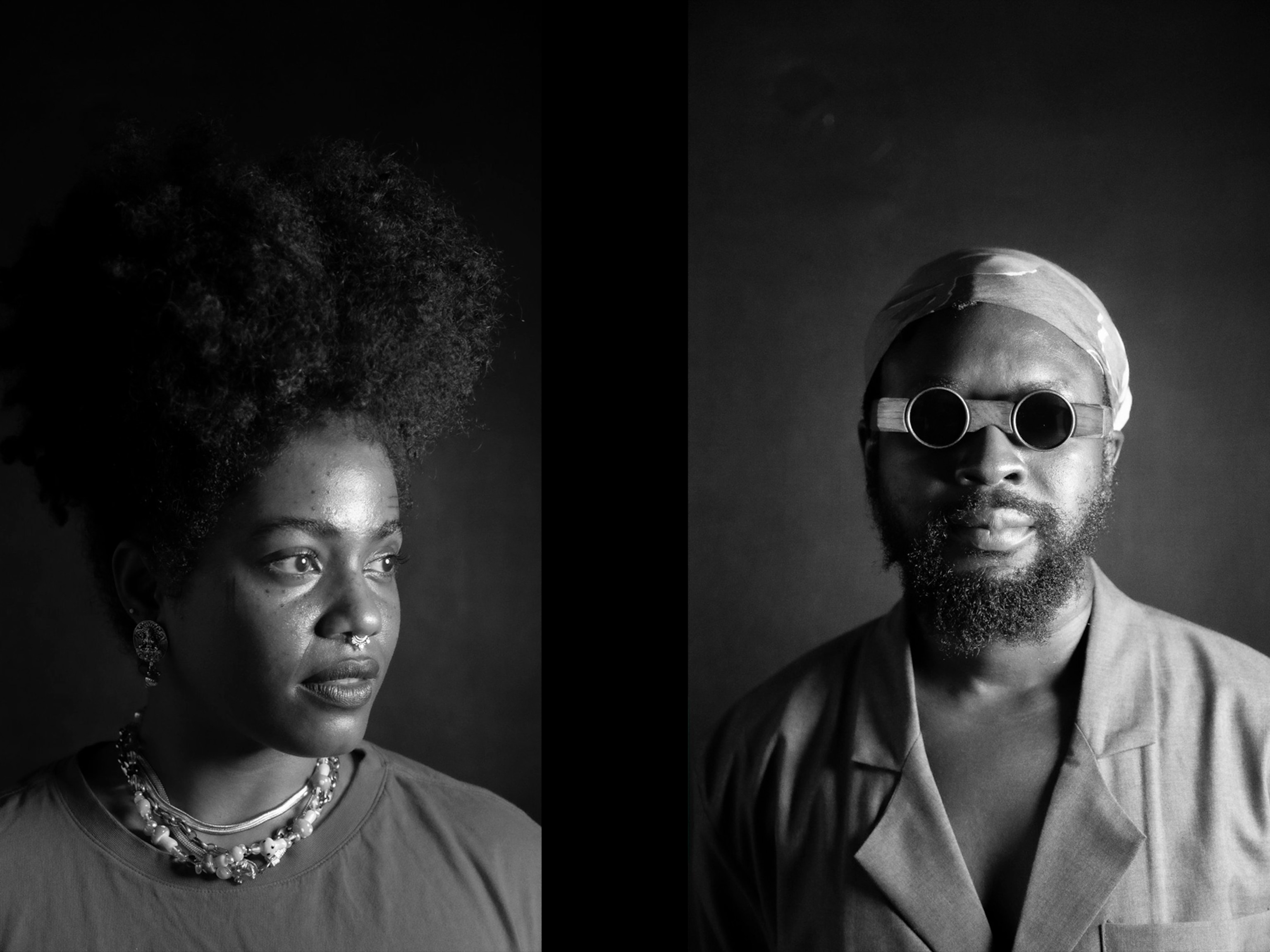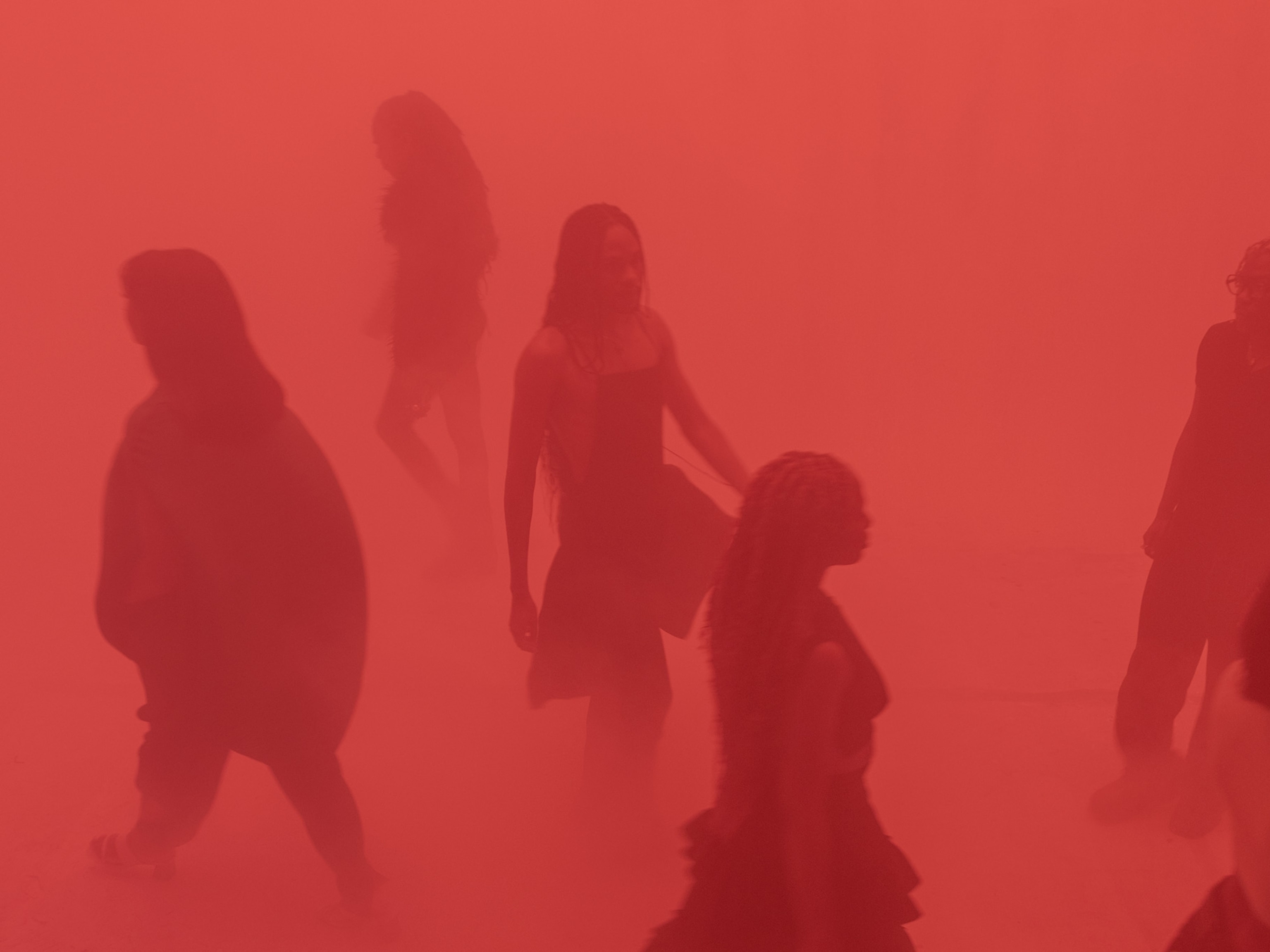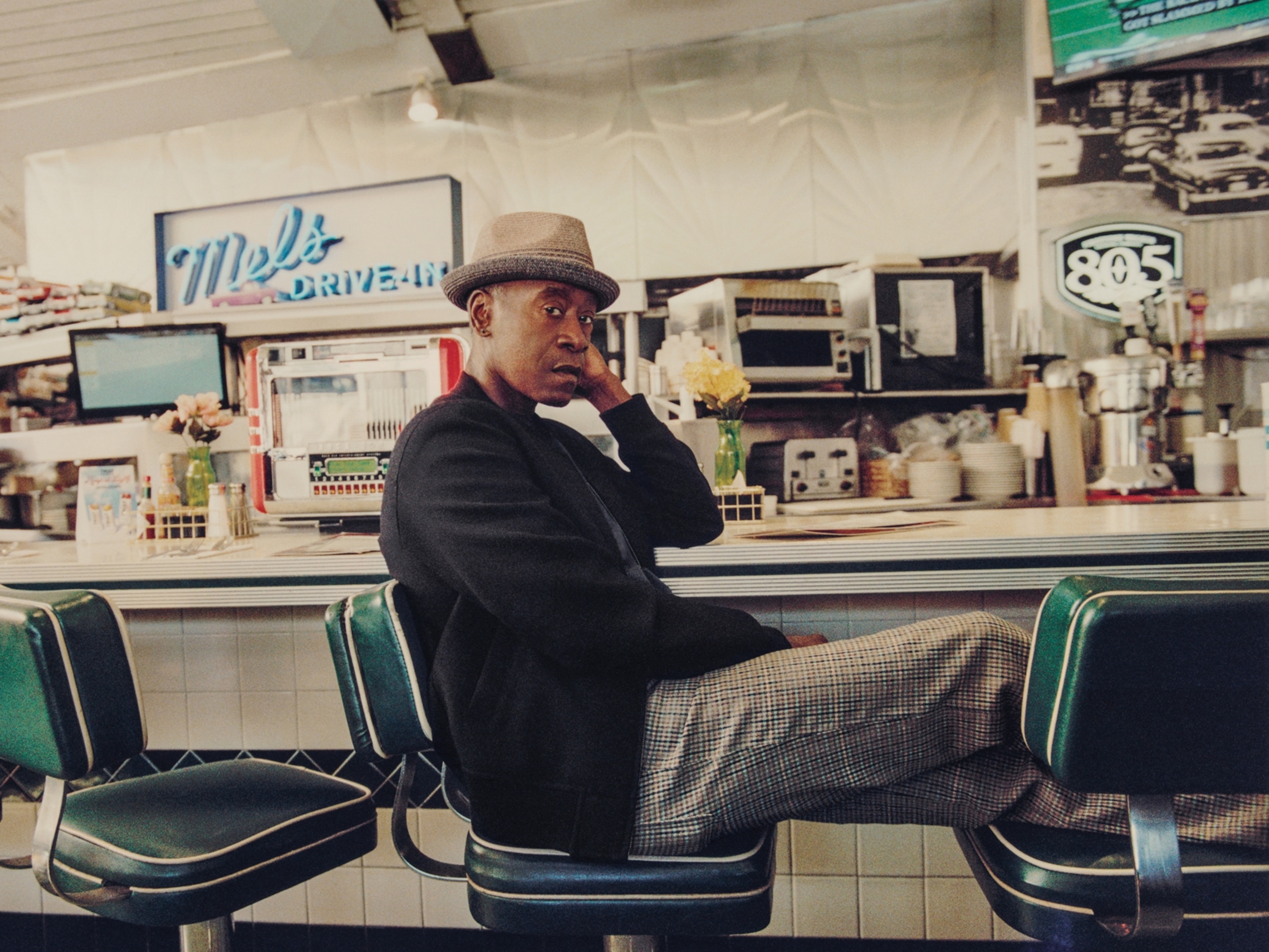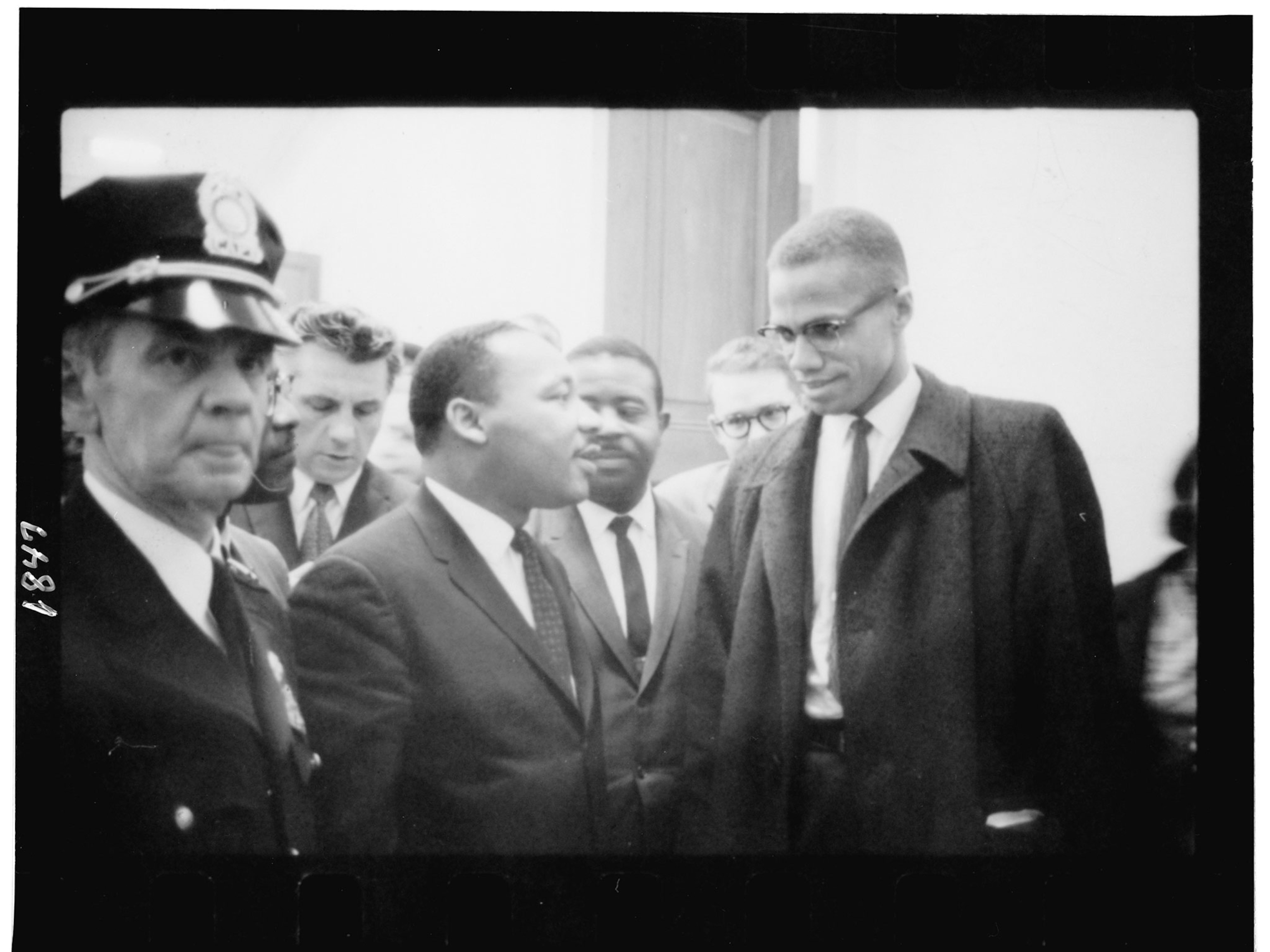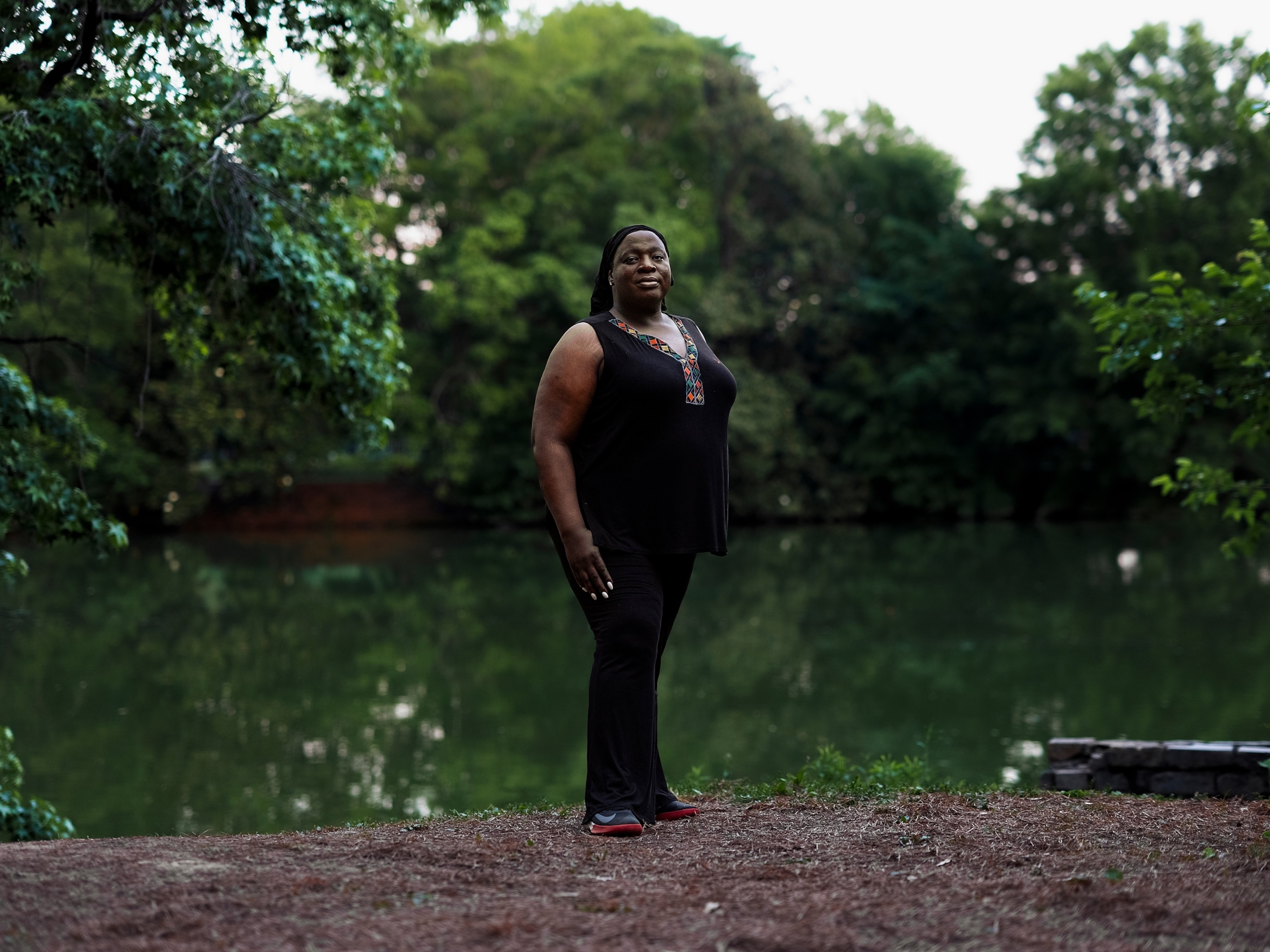
These Black transgender activists are fighting to ‘simply be’
Joshua Rashaad McFadden says the people in his photographs are more than their most painful moments. In this photo essay, he celebrates their full humanity.
They were on the front lines at the Stonewall riots—and then again at the protests that erupted across the United States after the killing of George Floyd.
Black transgender and nonbinary activists have long made history fighting for civil rights for all people. But are others fighting for their rights—or honoring their lives?
Photographer Joshua Rashaad McFadden asked himself that question after the May 2020 killing of Tony McDade, a Black transgender man who was shot by police in Tallahassee, Florida. Unlike the public outcry that emerged after other police killings, McDade’s death was largely ignored. The disconnect unsettled McFadden, and inspired him.
McFadden spent the next year chronicling the lives and experiences of Black transgender and nonbinary people across the U.S. But rather than focus on the pain and injustices they’ve faced—or their transition, which is usually what mainstream media finds most titillating—McFadden celebrated the humanity of his subjects.
These are their stories—including their responses to the question, “What is your idea of freedom?”
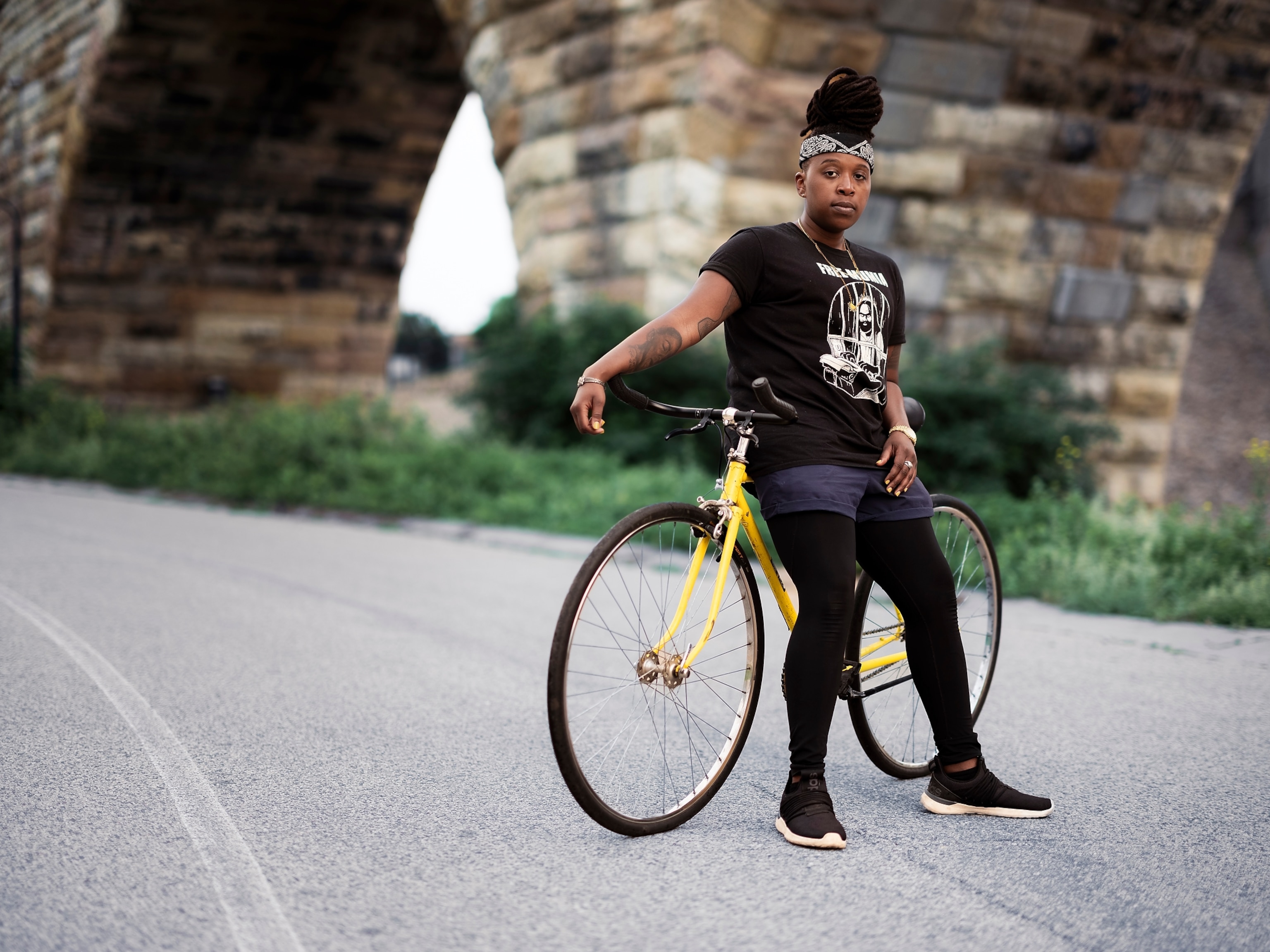
Freedom is the goal, but as a Black person, we have yet to feel such a thing. Until we can have inclusion among us all and be united as one, that is the first step in achieving freedom. Freedom is a dream that we all have but then wake up and lose our sense of direction. Fuzzy, It may appear, but it gets clearer with each step.Rehema Martinez
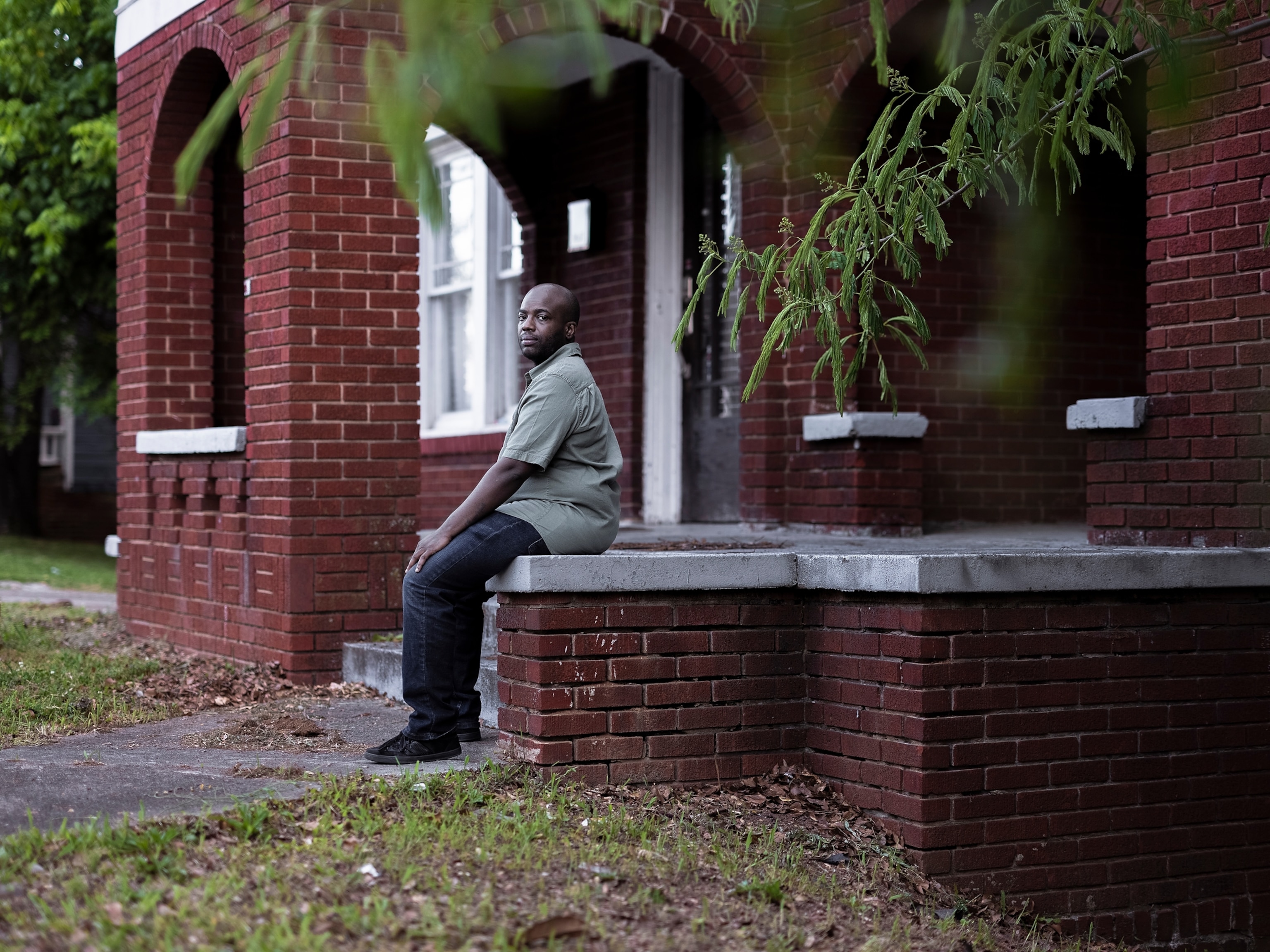
Freedom is the ability to simply…BE. No expectations, no rules, no judgment! Just you being your authentic self. Freedom is breaking down all barriers that hinder your existence. Freedom is feeling, thinking, and showing that your unique spirit is worthy of love and acceptance. Freedom is smiling through all the pain, fear, and disappointment. Freedom is overcoming. Freedom is sacrifice. Freedom is…D’Jamel Young
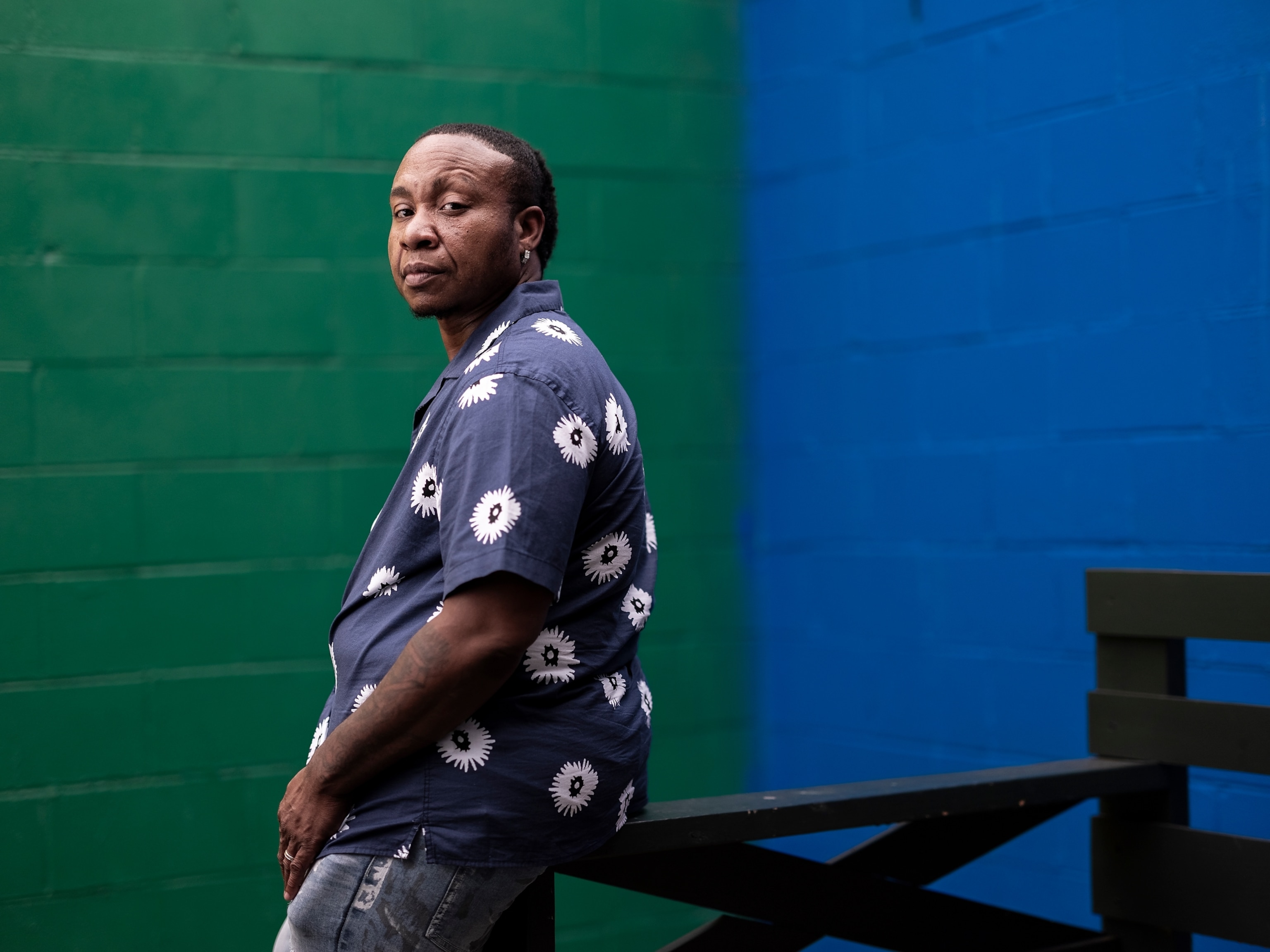
Freedom to me is the ability to be able to live in my true skin as a Black queer transman. Freedom is being able to stand with my LGBTQ+ community in solidarity for our rights and privilege. Freedom is what we fight for on a daily within our community. Freedom means that love is love, and we can love unapologetically.Tanyun Montage
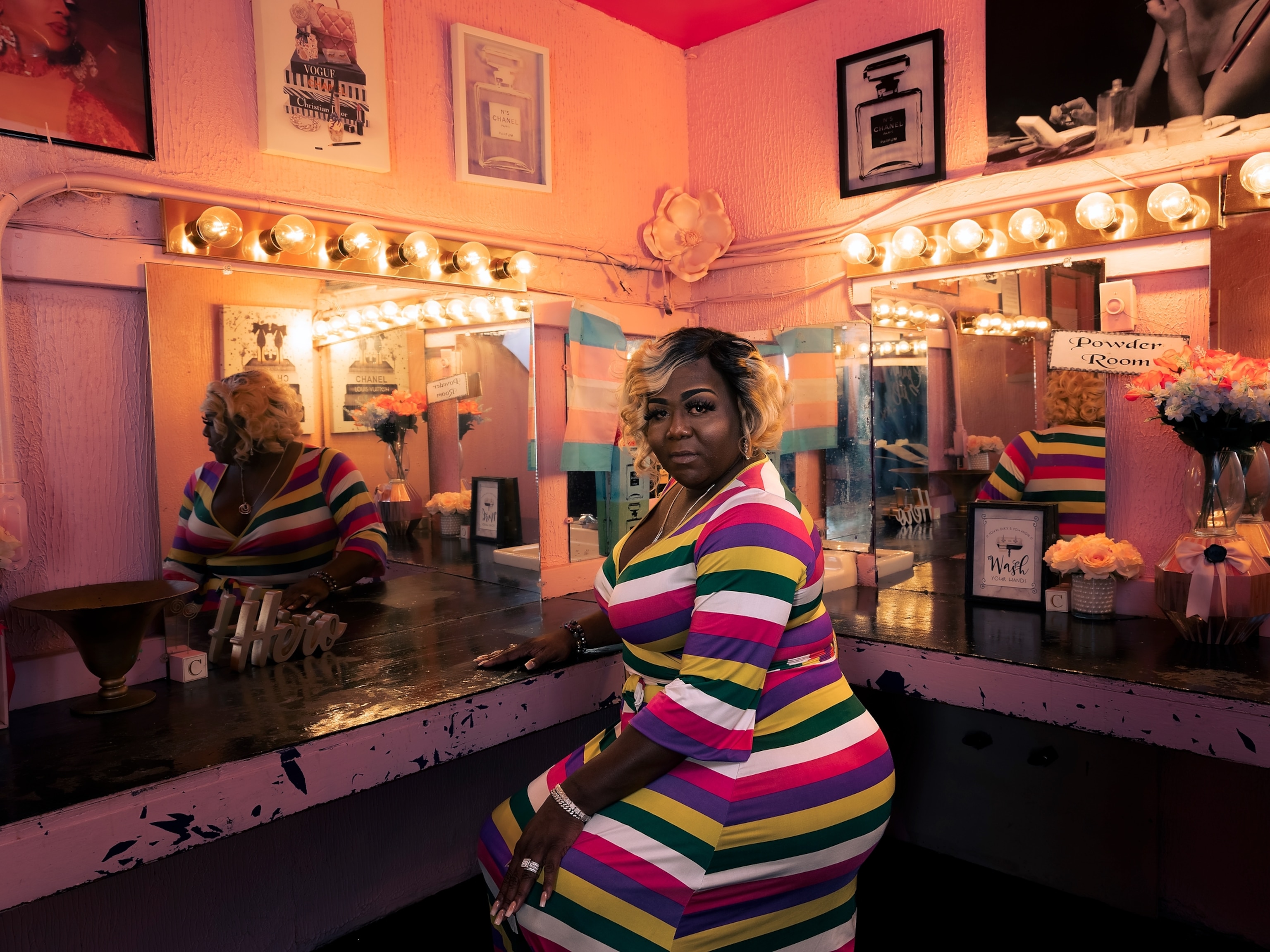
Let my people be free and their self!!!Evonne T. Kaho
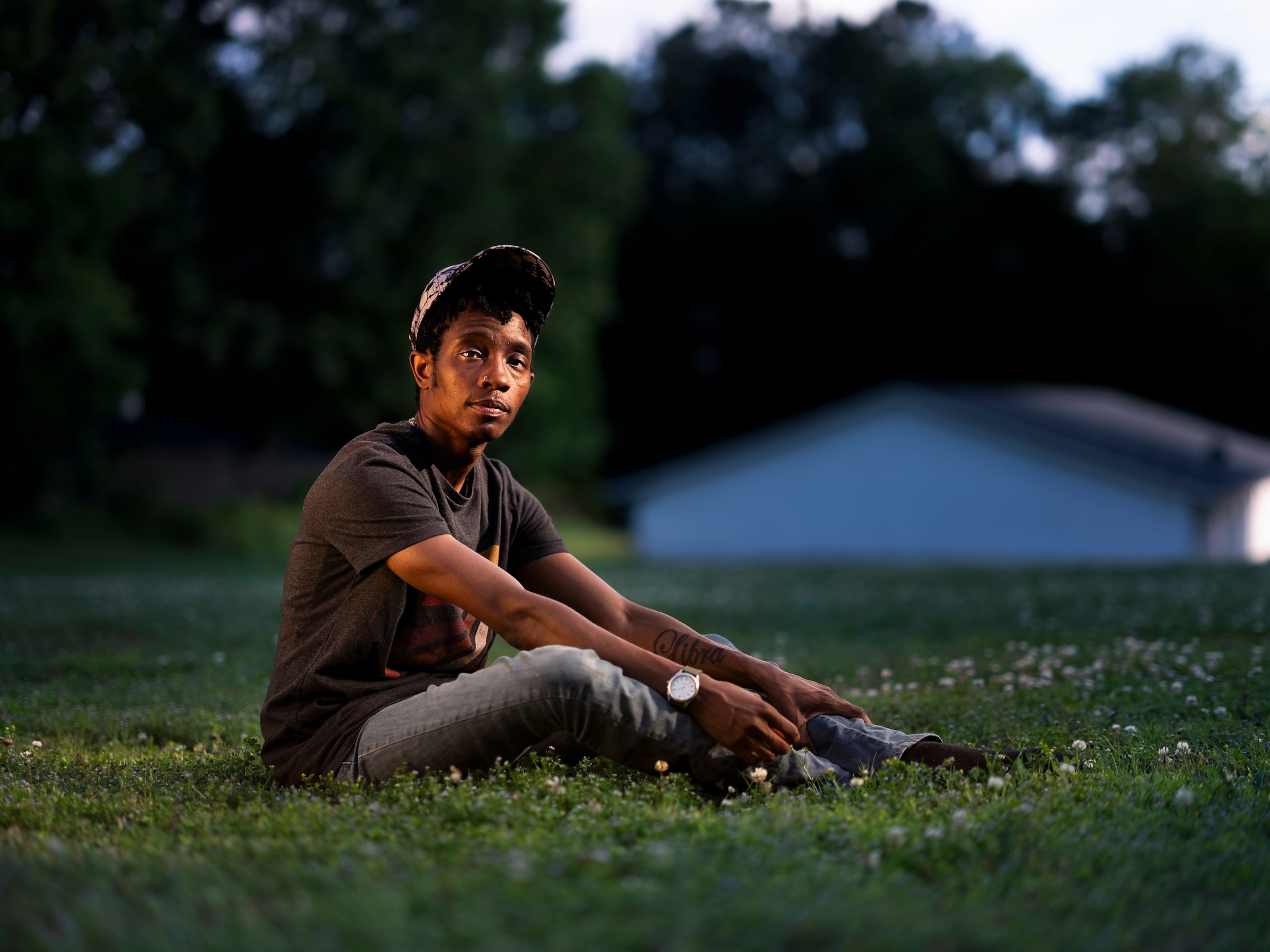
Freedom is not having to fight so hard for people to be themselves. Freedom is the ability to just flow into existence without systems in place to block that path.Shaheim Page
This is one of eight stories from The Past Is Present project, a collaboration between National Geographic and For Freedoms.
Read This Next
These Chinese immigrants opened the doors to the American West by Phillip Cheung
Faith fills more than a spiritual void for California’s migrant workers by Brian L. Frank
How Puerto Rico is grappling with its past—to reshape its future by Christopher Gregory Rivera
How has Texas changed in 20 years? She went home to find out by Tanya Habjouqa
Honoring the sacred places they were forced to leave behind by Dakota Mace
‘They emanate light’: Illuminating the lives of Mexico’s Indigenous people by Yael Martínez

